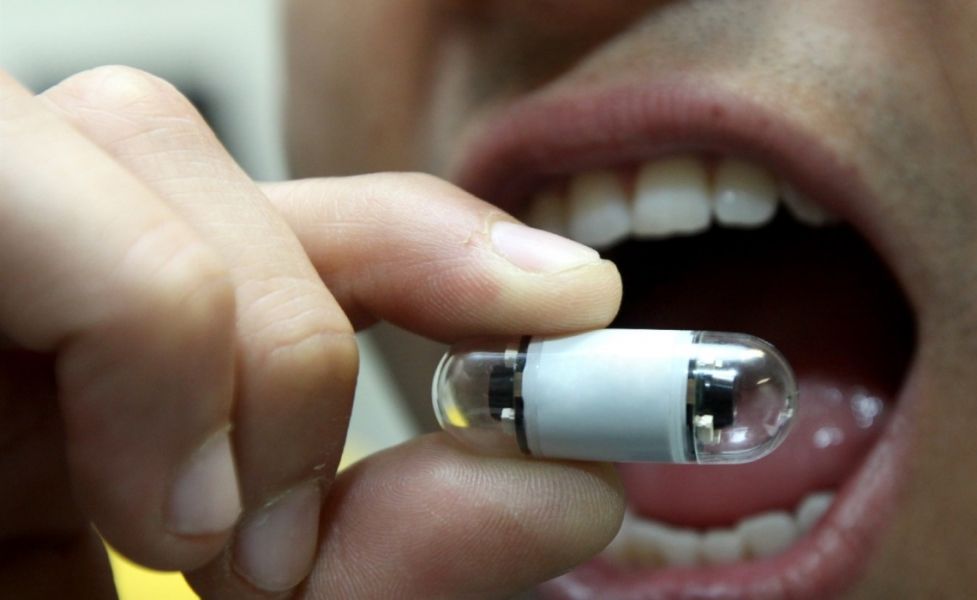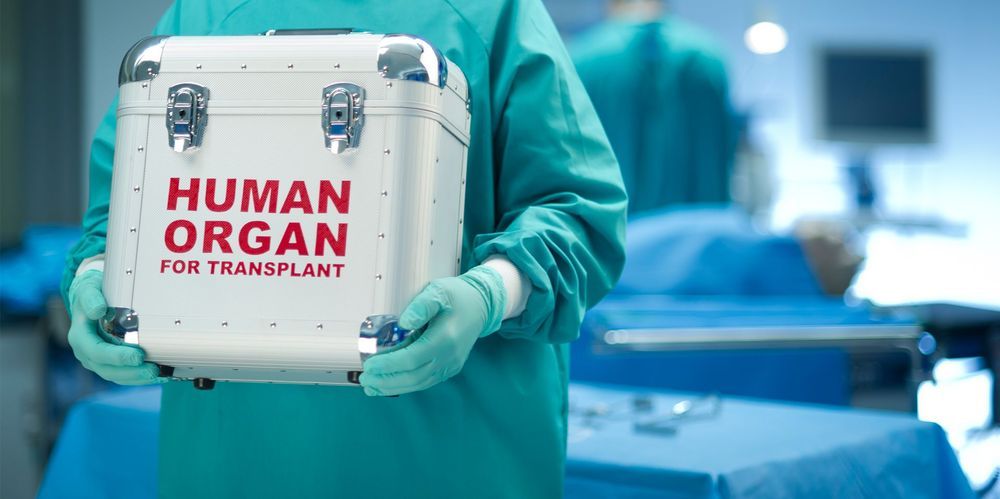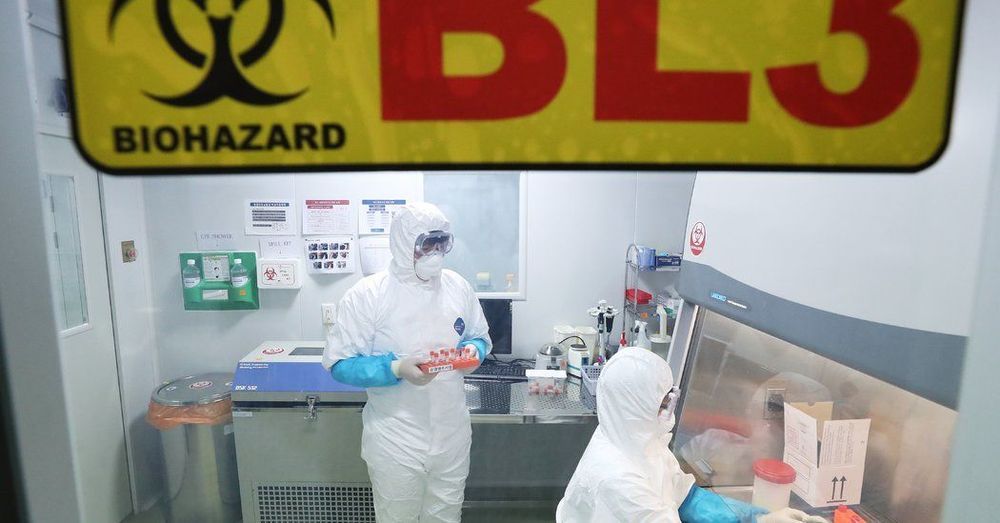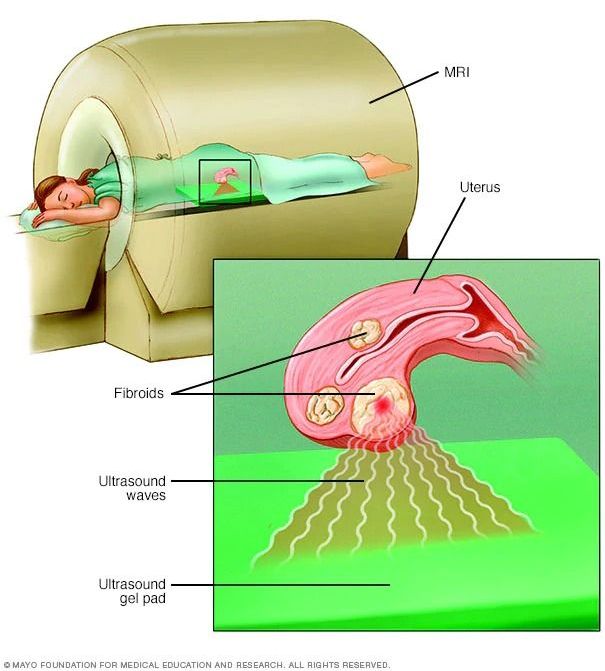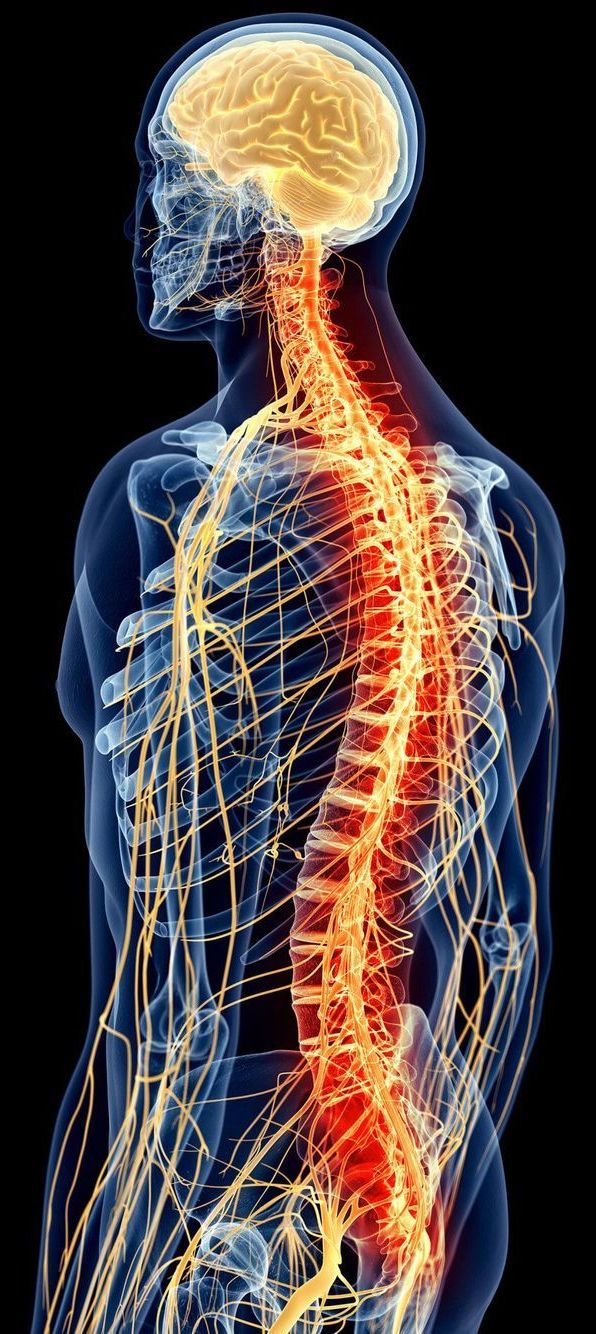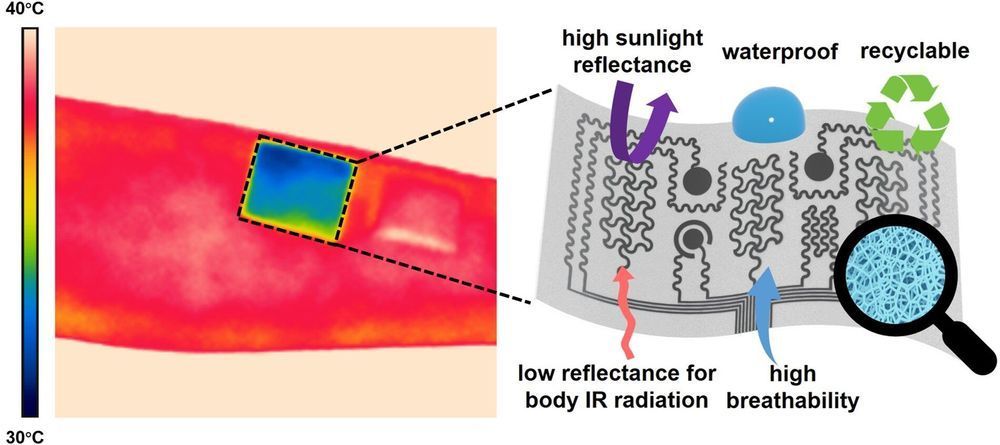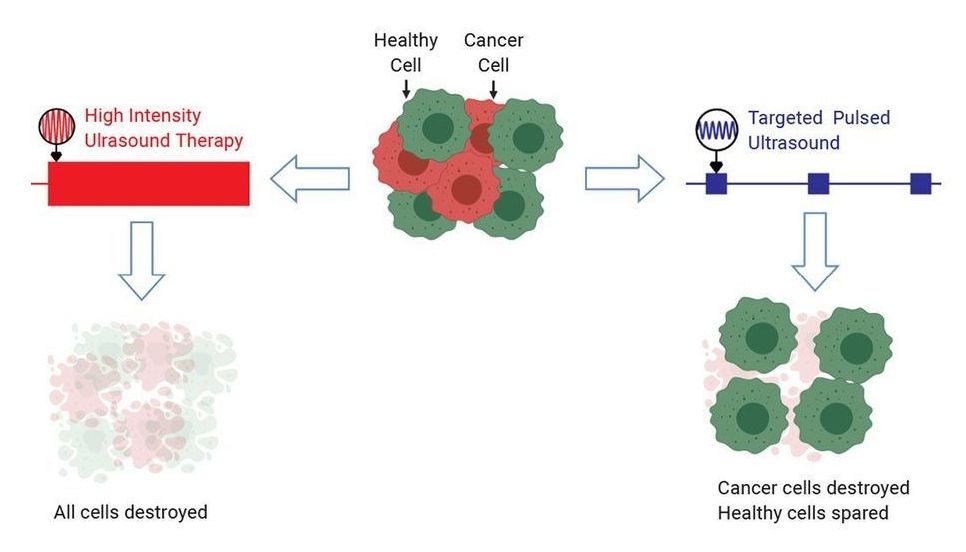RIO DE JANEIRO, BRAZIL — Approved in Brazil almost four years ago, the colon capsule is finally starting to become popular and available in laboratories and diagnostic centers.
The capsule serves as an alternative to traditional colonoscopy, where a wired camera is introduced through the anus and guided throughout the large intestine.
“The new technology is less invasive and does not require sedation,” says Dr. Admar Borges, of the Brazilian Society of Digestive Endoscopy.
